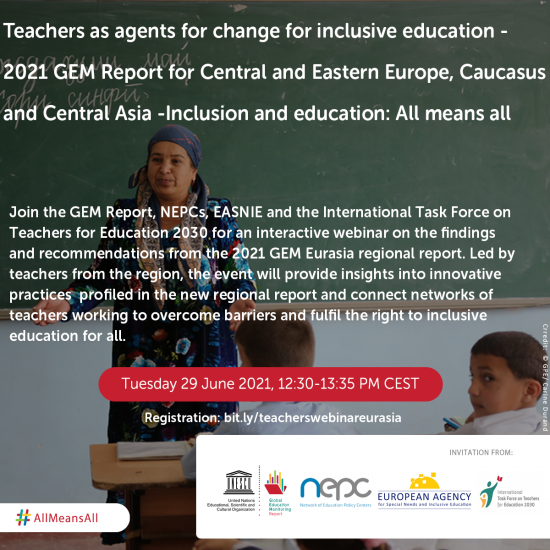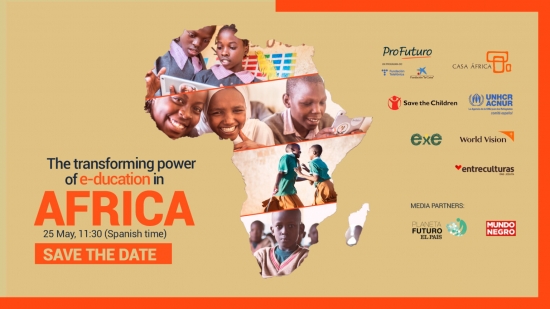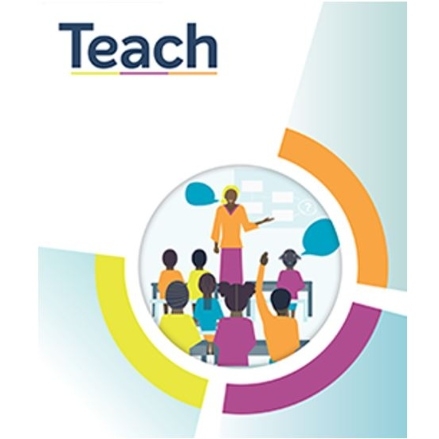Blended continuous professional development for educators: case studies from the Global South
| متى؟ | الأحد, فبراير 19, 2023 - 14:45 - الأحد, فبراير 19, 2023 - 16:15 |
| أين: |
Comparative & International Education Society (CIES) Conference, Washington, D.C., USA Grand Hyatt Washington, Floor: Declaration Level (1B), Penn Quarter A
|
| المنطقة الزمنية: |
America/New_York
|
| منظم: |
|
Across the world, COVID-19-induced school closures severely disrupted learning, disproportionally affecting those from more disadvantaged backgrounds. At the same time, continuous professional development (CPD) educators shifted to remote and online delivery. Yet often, these educators were not well prepared for this.
Despite these challenges, many educators and policy-makers have increased awareness about the potential of remote and online education to increase access and quality. Blended CPD, defined as a pedagogically sound combination of in-person and online modalities, may combine the best of both worlds.
In this session, three case studies will illustrate the value of blended CPD trajectories for educators:
- VSO describes how principles of universal design for learning were applied in a blended CPD offering to early childhood education and care educators in Bangladesh;
- VVOB describes how technology was used in a blended CPD trajectory for mentor teachers in basic education in Rwanda, to keep them motivated and engaged;
- Aga Khan Foundation reflects on how the Aga Khan Foundation’s Learning Hub has been created as a cost-effective online CPD platform reaching 6,400+ users around the world.
- EdTech Hub reflects on the three case studies drawing on cross-cutting themes, including diversity, gender, and inclusion; motivation and engagement; cost-effectiveness, scalability, and sustainability.
CIES 2023 - Improving Education for a More Equitable World
Comparative and international perspectives are essential to fulfilling the dream of educational equity. The CIES 2023 Annual Meeting will explore the following crucial questions: how should we critically look at and meet desired outcomes across time and space? What changes can bring about responsible and sustainable advancement in learning, teaching, and schooling? What implications may these changes have on individual systems, contexts, and the already vulnerable planet? And how may our endeavors help redefine comparative and international education in a way that reconnects it with contextualized educational policy and practice?


